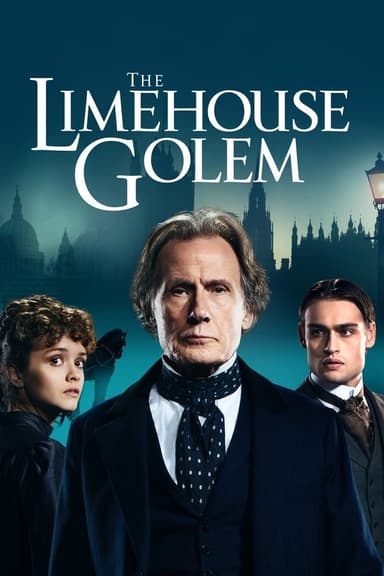
The Secret Agent
1992 •
1992 BBC adaptation of the Joseph Conrad novel of 1907 concerning the mostly inactive spy Alfred Verloc, who is ordered by his superior Mr Vladimir to carry out a terrorist act. Verloc reluctantly plans the operation, seeking help from The Professor. Verloc is also an informant for the police and the Assistant Commissioner and Chief Inspector Heat add additional pressure on Verloc and his attempts to carry out his plan. Verloc’s subsequent actions gravely affect his wife who is devoted to her mentally unbalanced brother Stevie.
Why you should read the novel
If you want to experience The Secret Agent in its richest, most thought-provoking form, reading Joseph Conrad’s novel is the ultimate way. Conrad’s original work offers intricate psychological insights and deep philosophical reflections that the movie simply cannot capture in full detail. The book dives into the complexities of anarchism, terrorism, and the nature of society in ways that far surpass the visual medium.
Reading the source novel allows you to delve into the minds and motivations of characters like Verloc, Winnie, and the Professor, which enables a far deeper emotional connection and understanding. Conrad’s narrative style, with its subtle ironies and elaborate psychological landscapes, rewards patient readers with layers of meaning and a more nuanced experience.
If you’re intrigued by period thrillers, espionage, and dark political drama, you’ll find Conrad’s The Secret Agent to be a profound literary journey. The novel’s historical context and philosophical depth make it a rewarding read for fans of classic literature, and you’ll gain insights about the late 19th-century social atmosphere that a film adaptation often abbreviates or omits.
Adaptation differences
One major difference between the 1992 film adaptation of The Secret Agent and Joseph Conrad’s original novel lies in the depth of character exploration. While the movie recreates the plot and atmosphere of the novel, it streamlines much of the intricate psychological detail and inner turmoil that Conrad masterfully depicts through his prose. The complex motivations driving characters like Mr. Verloc and Winnie are much more thoroughly explored in the book, where readers gain privileged access to their thoughts and emotional struggles.
Another key difference is the adaptation’s handling of the narrative style. Conrad’s novel is famous for its nonlinear narrative, subtle irony, and use of multiple points of view, all of which create a complex tapestry of meaning. The film, limited by time and the need for clear storytelling, uses a more linear narrative structure, which can sometimes flatten the ambiguities and nuances present in the book. Readers who enjoy layered, multifaceted storytelling will find that the novel offers a richer and more intricate experience than the straightforward presentation of the film.
The 1992 adaptation also changes or condenses several subplots and secondary characters to fit the constraints of a feature film. For example, the Professor’s philosophical monologues and the full extent of Chief Inspector Heat’s backstory are abbreviated or omitted entirely, making their motivations and roles less clear to the audience. The book indulges in these details, giving readers a broader and more comprehensive understanding of the social and political forces at play.
Finally, the ending and tone of the adaptation often shift to cater to cinematic expectations and modern audiences. While Conrad’s novel leaves readers with an unsettling sense of ambiguity and moral uncertainty, the film may choose a more decisive or stylized resolution. These changes can alter the overall impact and message of the story, highlighting the richness and depth that only the source novel, The Secret Agent by Joseph Conrad, can fully provide.
The Secret Agent inspired from
The Secret Agent
by Joseph Conrad











